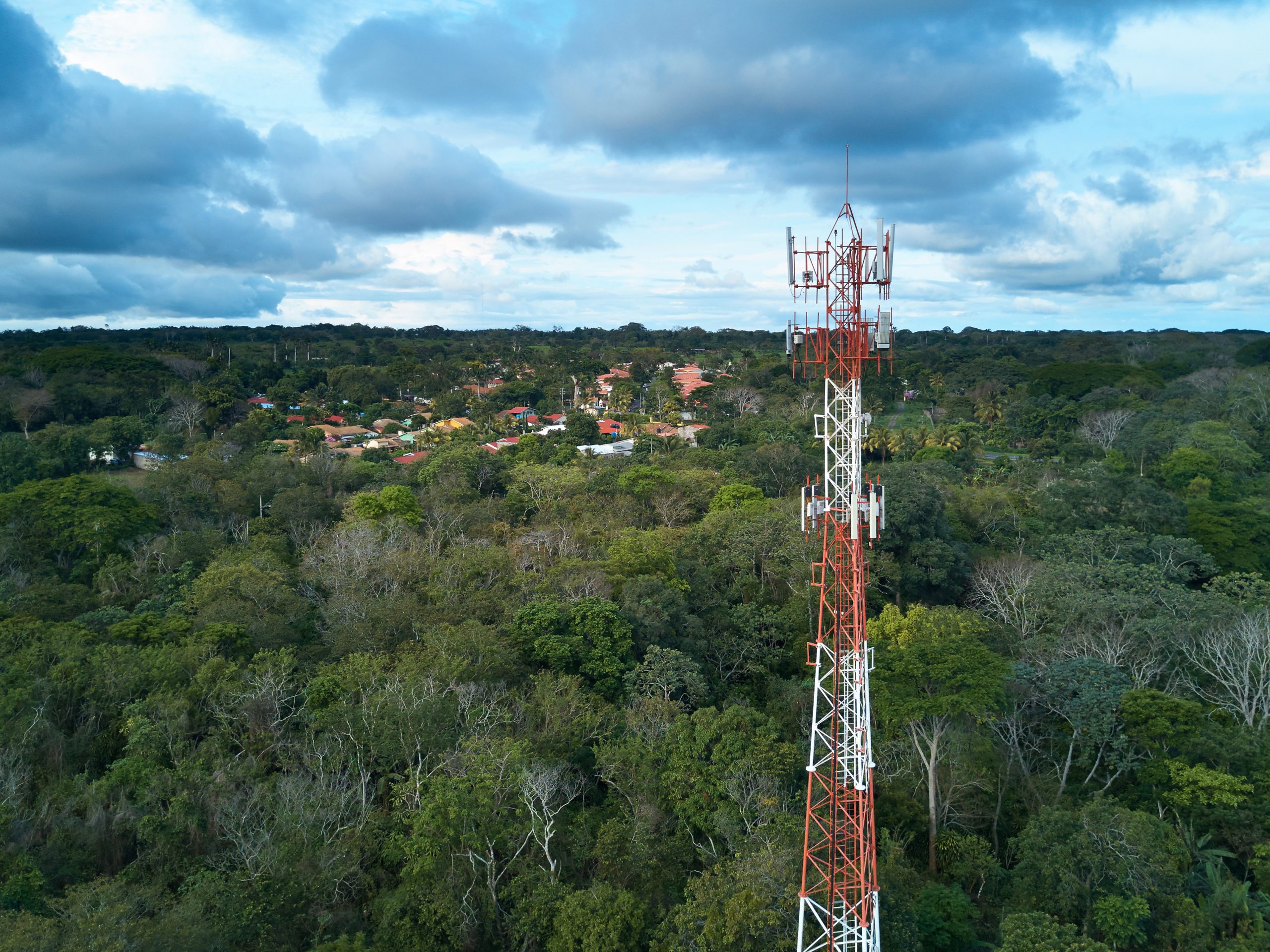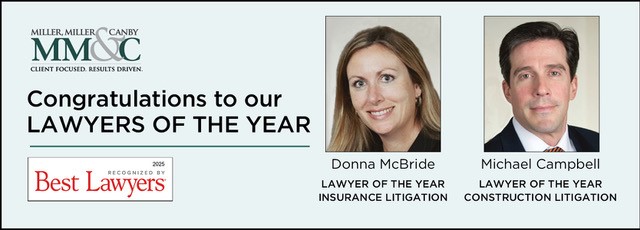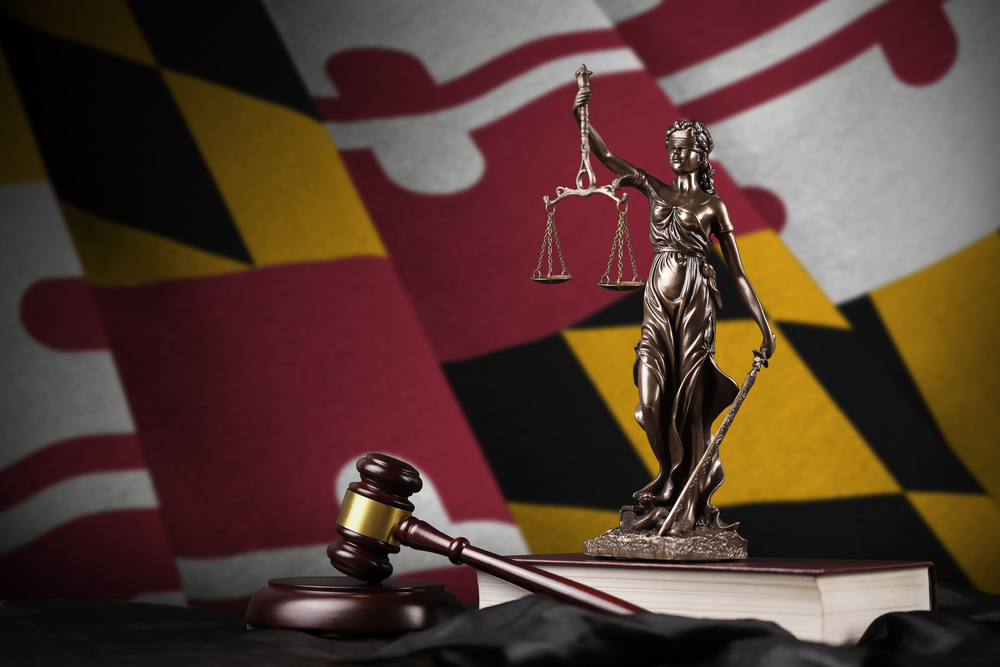In a July 27, 2021 press release, the Montgomery County Council (MCC) announced an approved Zoning Text Amendment (ZTA) 19-07, Telecommunications Towers – Limited Use, which facilitates the deployment of next-generation wireless infrastructure in Montgomery County via wireless small cell (also known as “5G”) antennas on utility and light poles that offer faster speeds, enhanced reliability and greater capacity. The vote was 7-2.
Councilmember Hans Riemer, who sponsored the Amendment, released the following statement:
“I am happy to share that the County Council passed zoning change legislation I have been working on to legalize the installation of small antennas on utility poles and light poles so that our wireless networks can continue to expand.
Montgomery County has to take steps to build a stronger economic future. While we have been debating whether 5G should be legal, other jurisdictions in the region have long since moved forward.
How are we supposed to compete for job growth from companies like Apple, Microsoft, Google, or Amazon, if we turn our backs to technology infrastructure? The answer is that we can’t. Companies don’t want to be in a technology backwater.”
Benefits of ZTA 19-07 for Montgomery County Businesses and Residents
The ever-increasing demand for mobile broadband services combined with the evolving technical needs of the wireless industry required legislative action for the County to maintain its competitive edge.
This is balanced with provisions that protect the community’s interest in managing the commercial use of public property and maintaining attractive and safe roads and neighborhoods.
MM&C Telecommunications Attorney Sean Hughes noted, “This vote by the Council enables Montgomery County to comply with the Federal telecommunications infrastructure law and perhaps even more importantly, provides clear direction to the wireless providers for enhanced 5G infrastructure installations. Montgomery County businesses, residents and visitors will have the best wireless connectivity the telecommunications market offers.”
The zoning measure allows poles with antennas as a limited use, if the antenna would replace a preexisting utility, streetlight or site plan-approved parking light pole. The replacement pole must be at least 30 feet from the nearest habitable building with conditions for screening and design as well as height restrictions based on the width of the right-of-way. Poles less than 30 feet from the nearest habitable building require a modified conditional use process with a public hearing.
ZTA 19-07 also creates a waiver and objection process for new poles, if no existing pole is within 150 feet. This process also applies to applications for poles higher than the limited use standard but under 50 feet. The waiver and objection process requires a public hearing when an objection is filed.
The Council also approved requirements for preferential placement of wireless infrastructure, language to minimize the loss of trees with all installations and limits on pole proliferation by preventing a small wireless installation within 150 feet of a facility occupied or controlled by the same carrier.
A robust 5G network will provide greater access for underserved populations and contribute to all County residents’ quality of life by providing opportunities for innovation and advancement in multiple sectors, including health care, education, transportation, agriculture and entertainment.
How MM&C Telecommunications Land Use Attorneys Can Help
The telecommunications land use attorneys at Miller, Miller & Canby are experienced in Maryland, D.C. and Virginia assisting cell tower companies, wireless carriers, and property owners in processing conditional use applications and other land use/zoning entitlement applications relating to the FCC order as well as State and local governments small cell legislation.
Sean P. Hughes is an attorney in Miller, Miller & Canby’s Land Use practice group. His career spans more than two decades of focus in zoning and wireless telecommunications and he has represented clients in land use and zoning matters throughout the Mid-Atlantic. To learn more about the firm’s Telecommunications practice, click here.
Cathy Borten is an attorney in Miller, Miller & Canby’s Real Estate practice group. She focuses in commercial real estate transactions and leasing, real estate litigation, land use and zoning and commercial financings and settlements. Cathy has over 10 years’ experience in leasing, land use and zoning in the wireless telecommunications industry. Cathy also participated in the drafting of the Montgomery County and City of Gaithersburg original small cell ordinances. To learn more about the firm’s Real Estate practice, click here.









Share this Article: